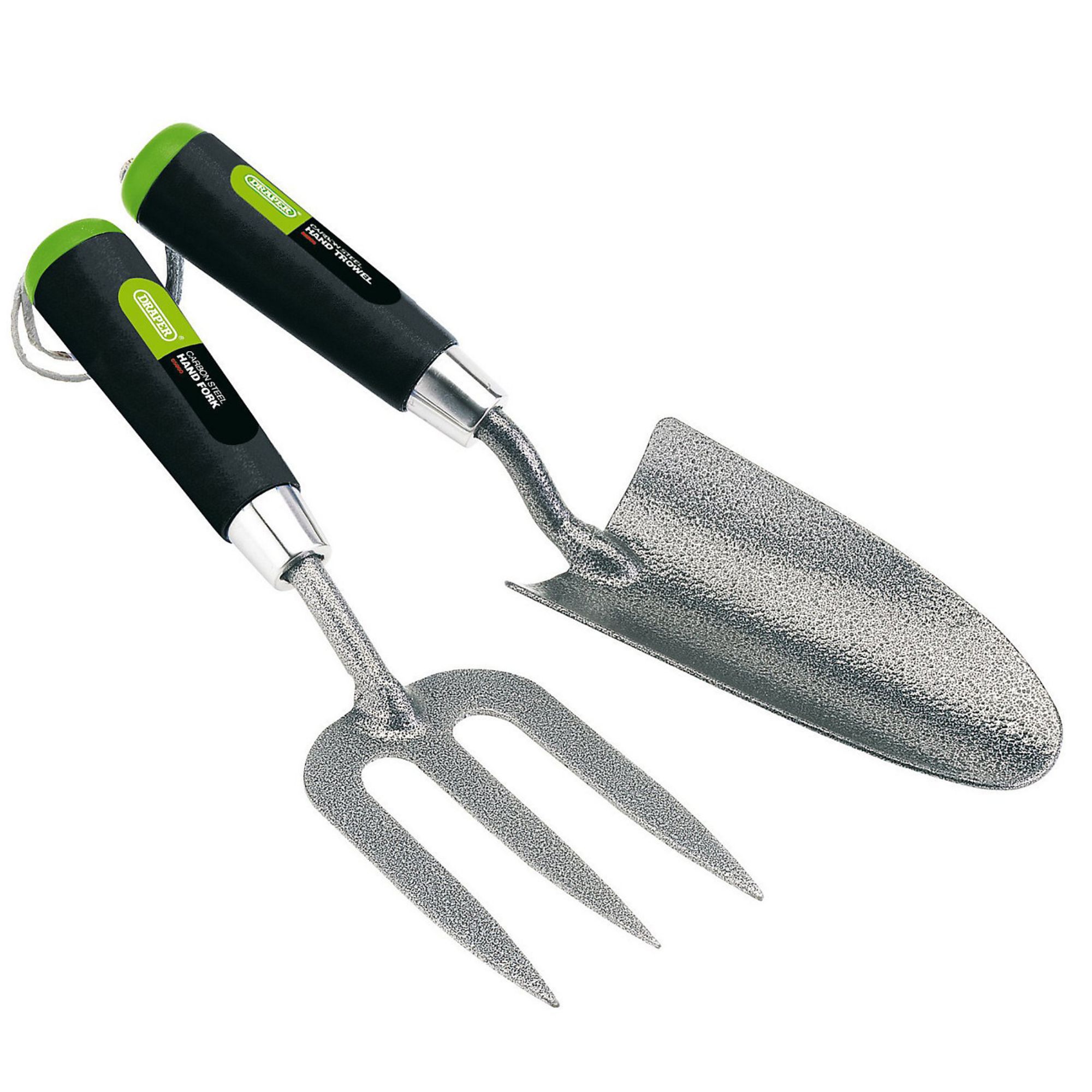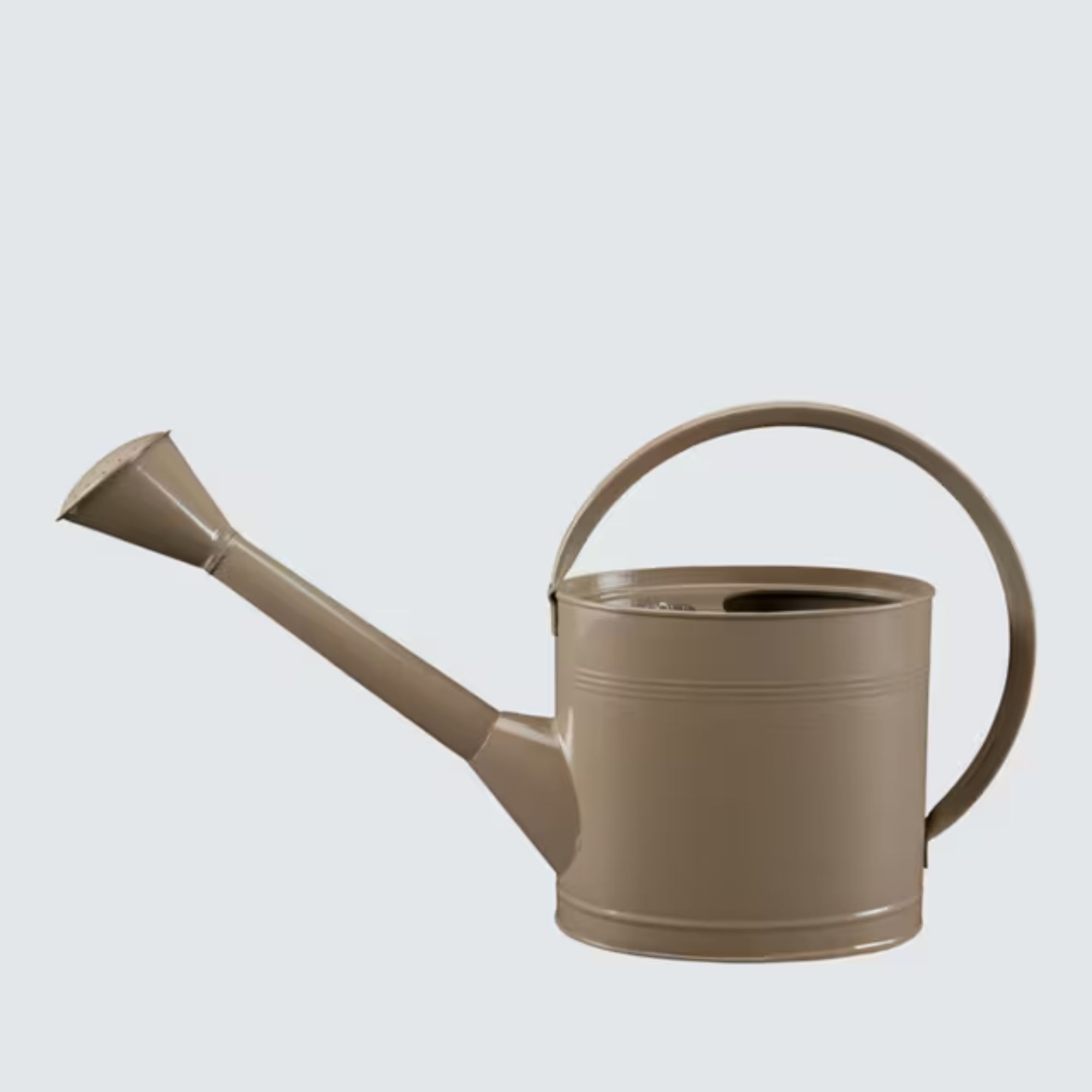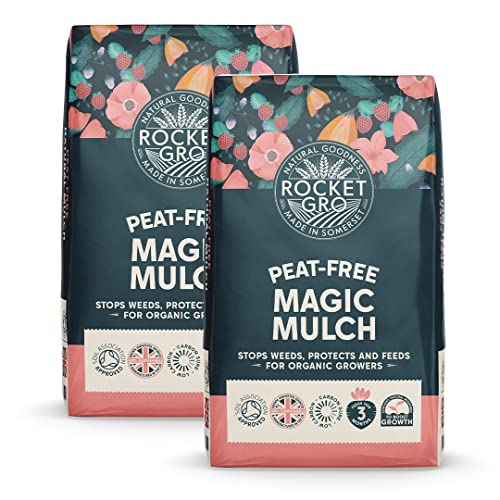Plant these 8 perennials in August for a burst of blooms right through autumn
Plant these perennials now, say the experts and you’ll be rewarded with a dazzling display of autumnal colour

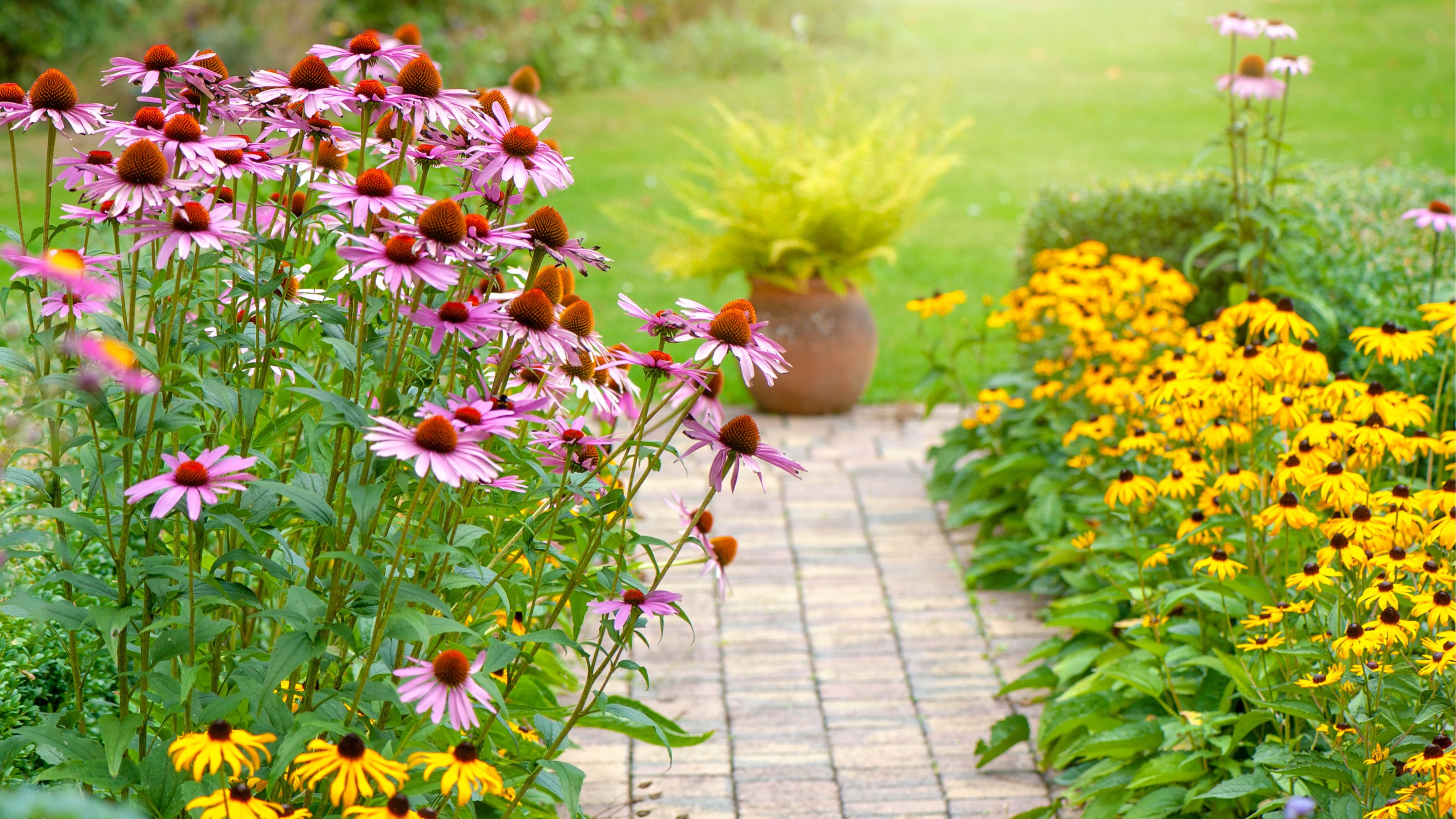
Sign up to our newsletter for style inspiration, real homes, project and garden advice and shopping know-how
You are now subscribed
Your newsletter sign-up was successful
The end of summer is drawing near, and you might well be thinking it’s too late to plant anything new outdoors. But that’s not the case - if you want to bring some colour to your garden that will see you into the new season and beyond, there are still plenty of autumn flowering perennials to plant in August.
‘August is a great time to plant certain perennials if you want to keep your garden colourful well into autumn,’ says David Denyer, flower and garden expert at Eflorist. 'The soil is still warm, which helps roots settle in quickly, and the cooler evenings reduce the stress on new plants compared to the consistently higher temperatures in June and July.’
’When planting, make sure to water plants in well and keep an eye on them for the next few weeks while they settle in,’ adds David. ‘And if we get a late summer heatwave, simply add a layer of mulch around the base to help retain moisture and protect the roots.’
These are the best perennials you should consider planting now to ensure a colourful autumnal display.
1. Heleniums
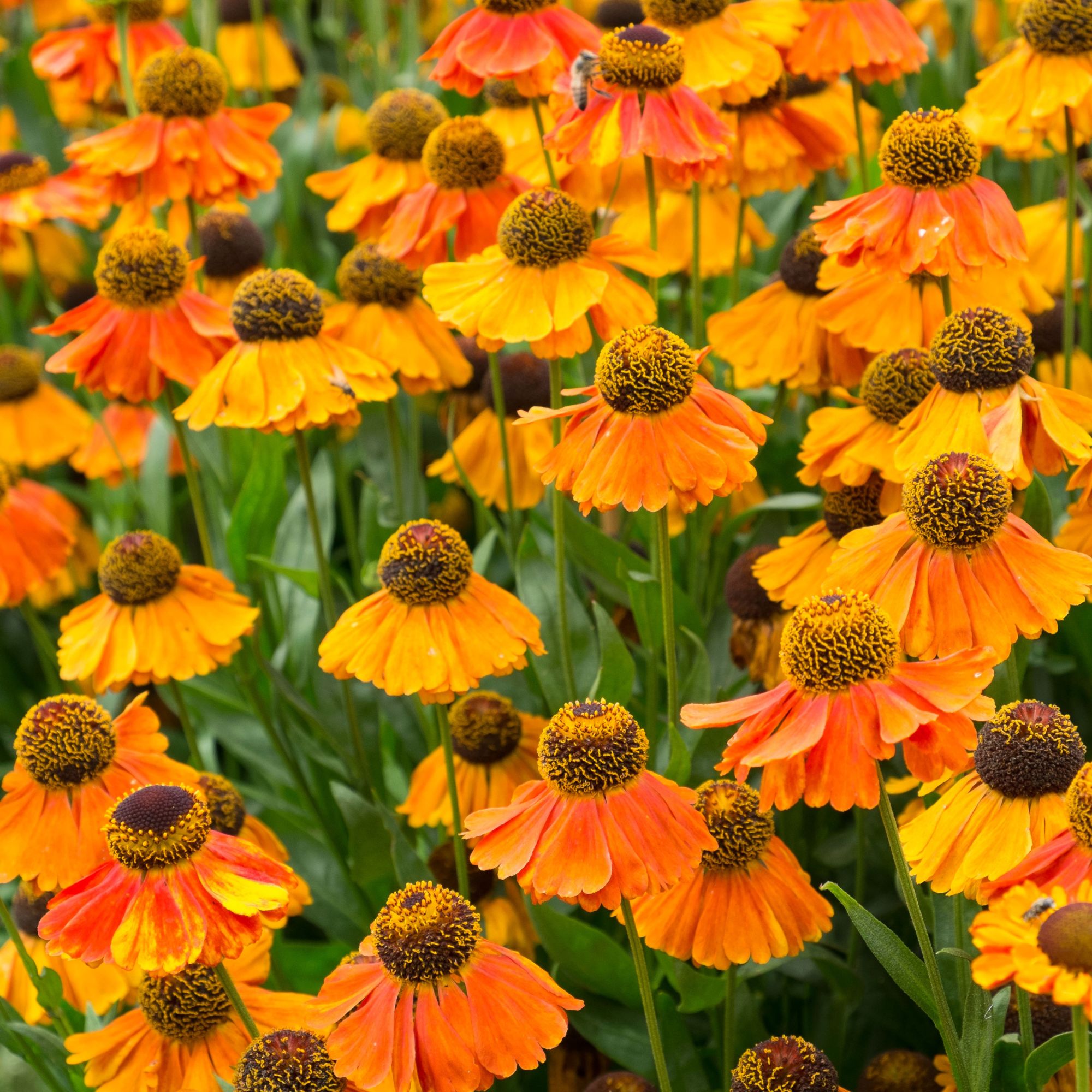
‘Sun-loving heleniums add an abundance of colour to beds and borders, bursting from mid-summer through into autumn,’ says Charles Carr, Head of Nurseries at Hillier Garden Centres. ‘There are hundreds of varieties to choose from, from hot yellows and reds to vibrant oranges.’
‘They are long-flowering, easy to grow and thrive in most soil types, preferring full sun. They can grow to be quite big, so taller varieties may benefit from staking. Regular deadheading as they finish flowering will encourage future growth and longer spells of colour into autumn,’ adds Charles.
Where to buy heleniums:
Sign up to our newsletter for style inspiration, real homes, project and garden advice and shopping know-how
- Thompson & Morgan: Try the vibrant Helenium 'Mardi Gras', from £14.99, for late season colour.
- Crocus: Or go for the bold yellow and orange tones of Helenium autumnale 'Short and Sassy', from £13.99.

Charles Carr has been a valued member of the Hillier team since January 2018, bringing with him a wealth of experience and passion for the world of horticulture. After training as an apprentice at Hillier from 1987 to 1991, Charles now oversees site management and team coordination, plant purchasing, production scheduling and developing Hillier’s range of plants.
2. Heliopsis
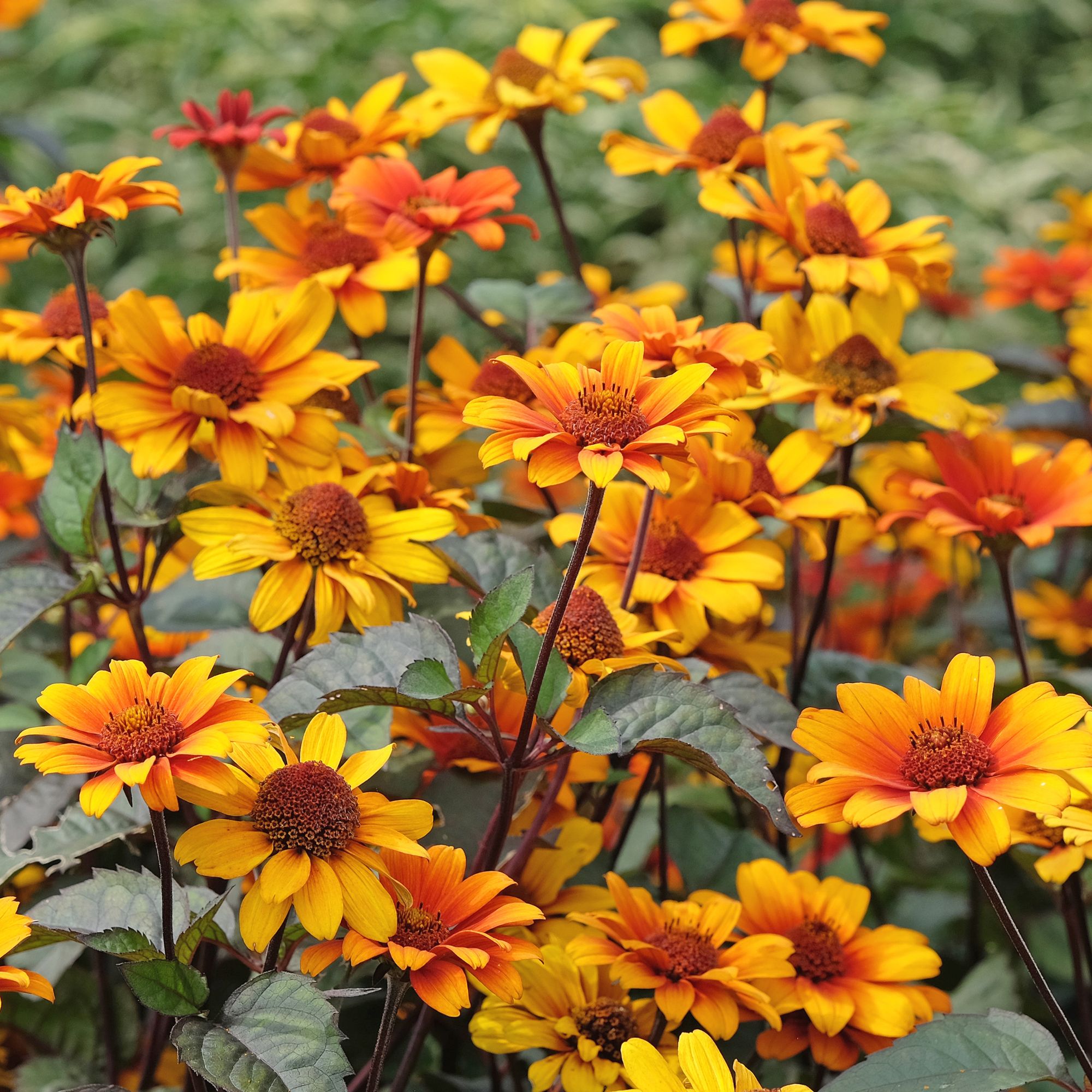
‘Heliopsis, or “fake sunflowers” are another great choice for late-summer planting,’ says Charles Carr. ‘Available in a range of heights from 40cm to 2m, with three-inch double or single flowers of beautiful yellows and oranges, surrounding golden centre cones. They not only make impressive, colourful features in borders and bed ideas, attracting an array of pollinators but can also make for lovely cut flowers too.’
‘They grow in clumps with branching stems that give a bushy habit, and the flowering period is between six and eight weeks. To encourage buds to form, deadhead any spent flowers,’ advises Charles.
Where to buy heliopsis :
- J. Parkers: Go for the bold orange blooms of Heliopsis helianthoides Bleeding Hearts, from £6.99.
- Dobies: Or the bushy orange-red flowers of Heliopsis helianthoides var. scabra 'Funky Spinner', £29.99.
3. Japanese anemones
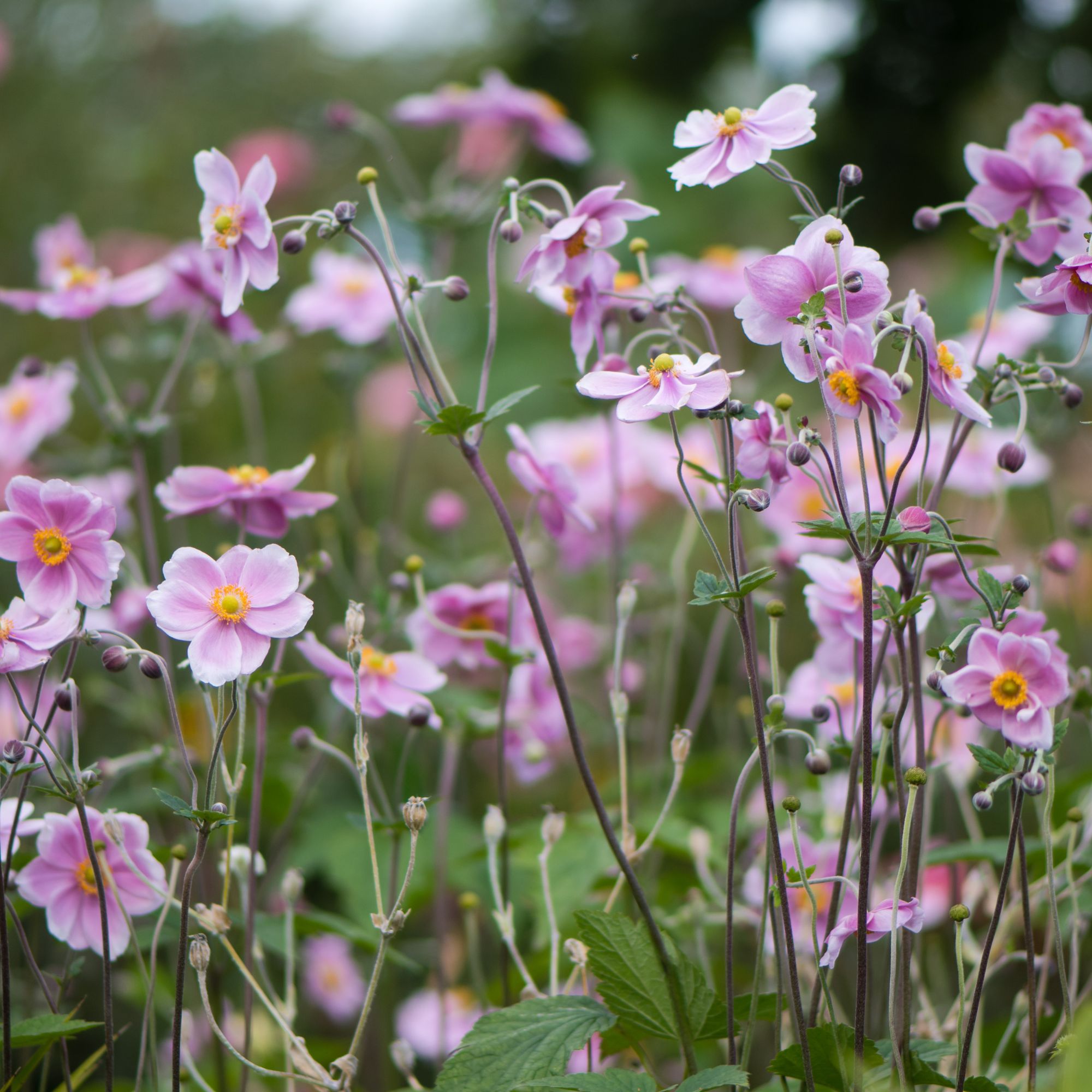
Japanese anemones are a great late perennial with tall, airy stems crowned by soft-petalled flowers in white or pink,’ says Julian Palphramand, Head of Plants at British Garden Centres. ‘They flourish in partial shade and moist, well-drained soil, and are perfect for those trickier, less sunny areas of your garden. Once planted, try not to disturb them too much as they prefer to settle in and stay put.’
‘Japanese Anemones boast cup-shaped pink or white flowers on the top of tall stems and can spread rapidly so can be a great means of filling borders,’ adds Charles Carr. ‘Stems can grow anything between 50 and 150cm. They produce bountiful blooms with up to 30 flowers per corm being possible. They have a blooming season of six to eight weeks so add colour when many other perennials are beginning to die back.’
Where to buy Japanese anemones:
- Crocus: For a plant with masses of pink flowers, try Anemone × hybrida 'Königin Charlotte', from £11.99.
- Gardening Express: Or go for the pretty all-white Anemone Honorine Jobert - Japanese Anemone in Bud & Bloom, £7.97.
4. Asters
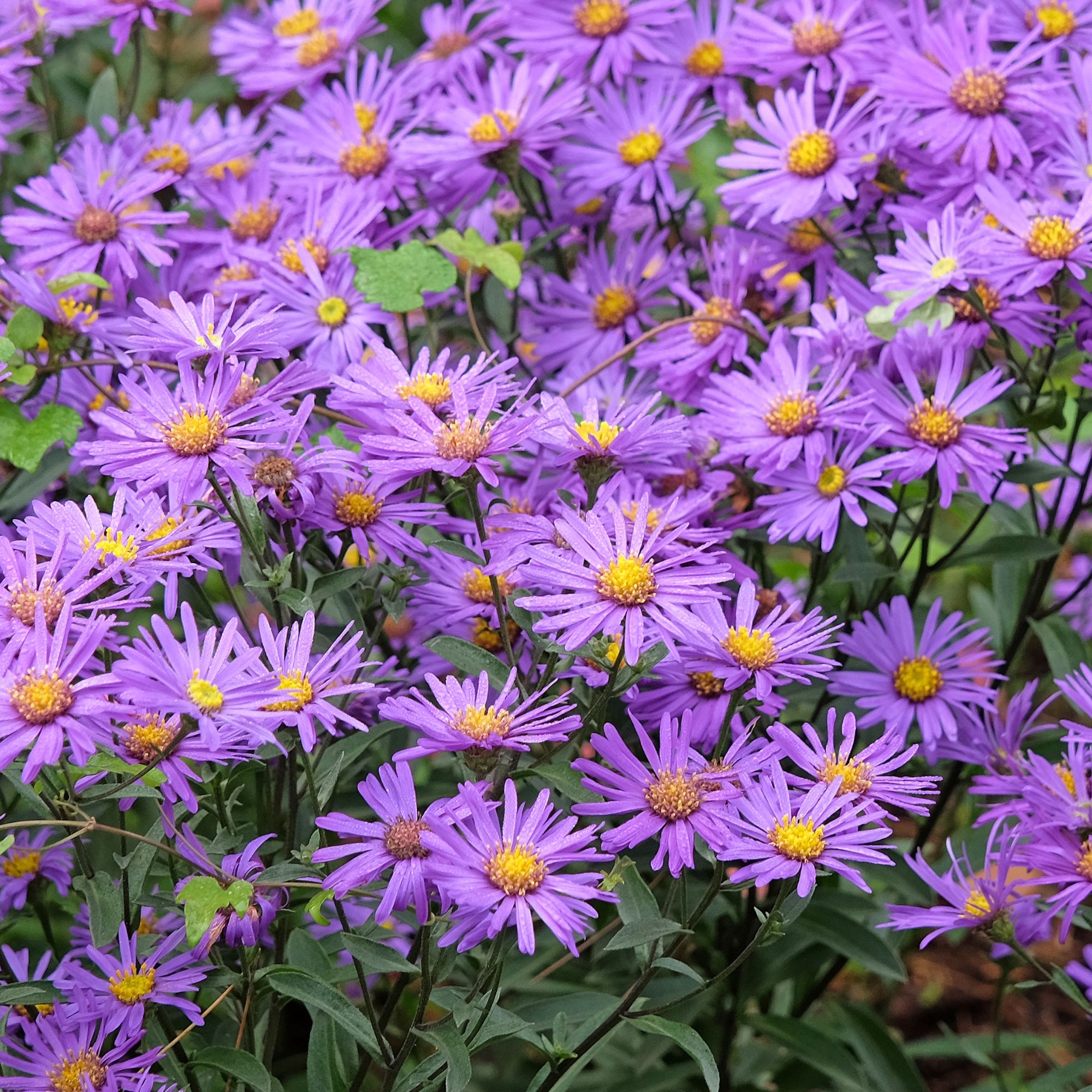
‘Now is also a good time to plant asters, which bring cheerful colour from late summer through to autumn,’ says Julian Palphramand. ‘Plant them where they’ll get plenty of light but won’t dry out, and keep the soil moist for the best flowers. Taller varieties sometimes need support, but otherwise, they’re easy-going and will reward you with weeks of blooms.’
‘Asters prefer full sun and well-drained soil,’ adds David Denyer, ‘so you’ll get the best blooms by planting them in a bright, open spot.’
And as a way of getting more plants when fully established, asters are a perennial that can be divided, so a great way of saving money later on.
Where to buy asters:
- Gardening Express: Add colour with the violet-purple daisy-like blooms of Aster Purple Dome Michaelmas Daisy, £7.99.
- Suttons: Or try the low-growing early-flowering Aster alpinus miexed, £19.99.
5. Echinacea
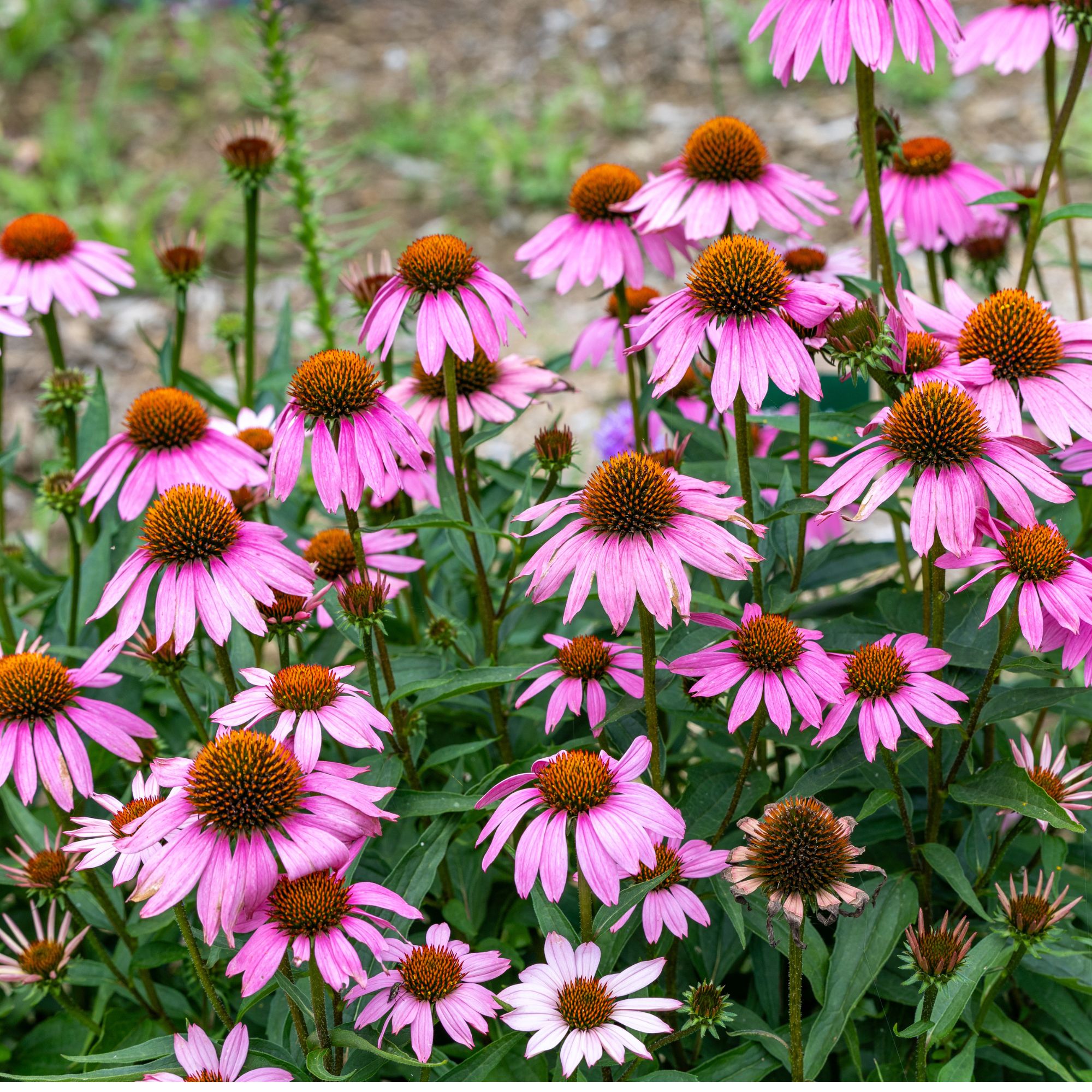
‘Echinacea (also called coneflower) is a reliable favourite to plant now that produces big, daisy-like flowers in pink, purple, or white, attracting lots of butterflies and bees,’ suggests Julian Palphramand. ‘All it asks for is a sunny spot and some decent, well-drained soil, and it can handle dry spells once established, so you won’t need to fuss over it.’
Echinacea are a resilient, low-maintenance perennial that can thrive on neglect and make a great flower for filling garden beds, borders and even containers.
Where to buy echinacea:
- Thompson & Morgan: Bees and butterflies will love the multicoloured Echinacea purpurea 'Primadonna Mixed', from £19.99.
- Primrose: Or try the soft purple tones of Echinacea Purpurea Magnus, from £7.99.
6. Rudbeckia
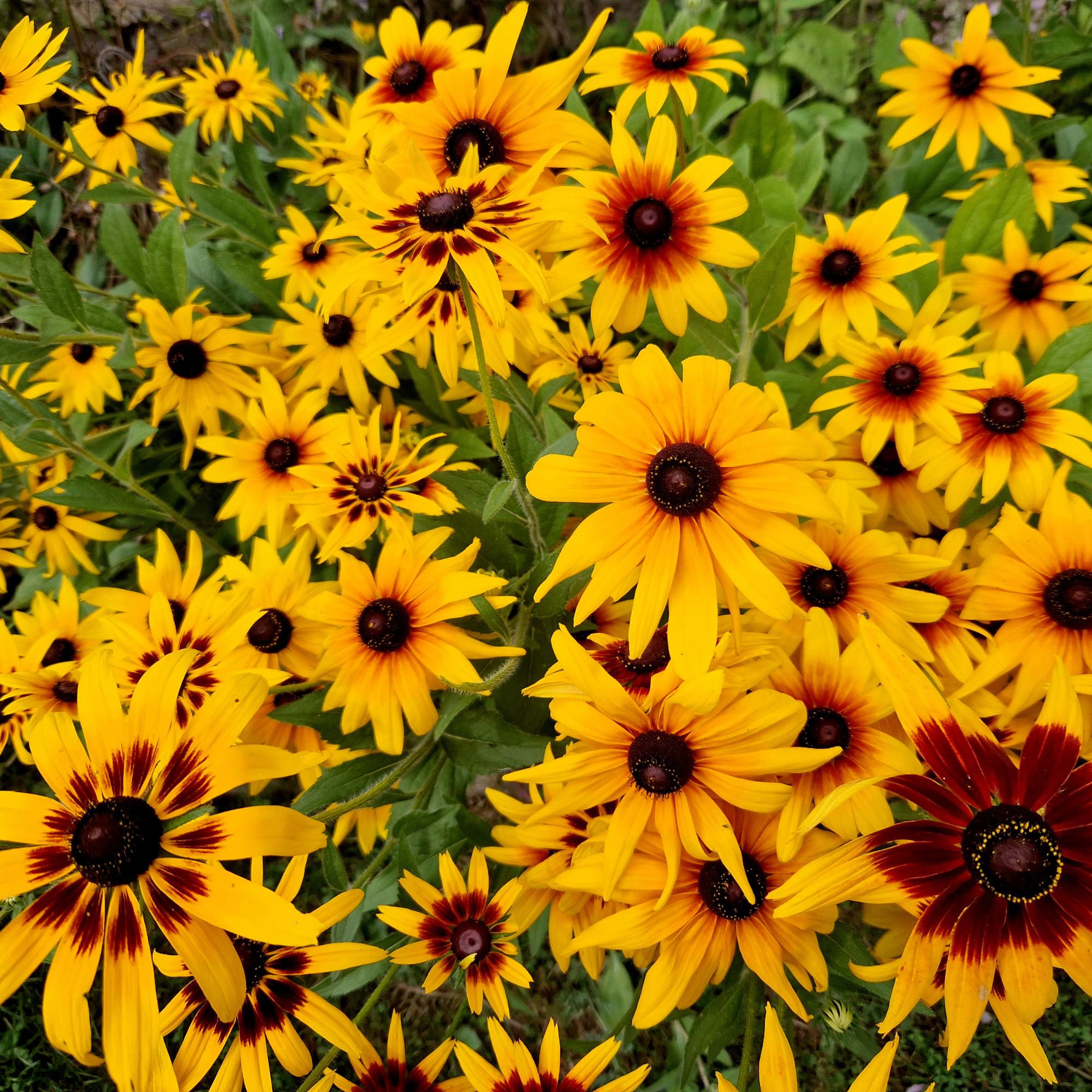
‘Rudbeckia is a great choice to plant now and add to your August gardening jobs,’ says David Denyer. ‘Like Japanese anemones, echinacea and asters, they all naturally bloom later in the season, so they’re perfect for adding fresh colour to your garden just as it typically begins to fade.’
'Rudbeckia prefer full sun and well-drained soil, so you’ll get the best blooms by planting them in a bright, open spot,’ adds David. ‘And getting these perennial plants in the ground now means they’ll establish well and come back strong next year, adding even more colour.’
Where to buy rudbeckia:
- Suttons: This variety called Rudbeckia 'All Sorts Mixed', from £6.99, will include spectacular doubles, singles, quilled types
- J. Parker's: Or go for the popular yellow Black Eyed Susans or Rudbeckia Goldsturmm from £7.99.
7. Crocosmia
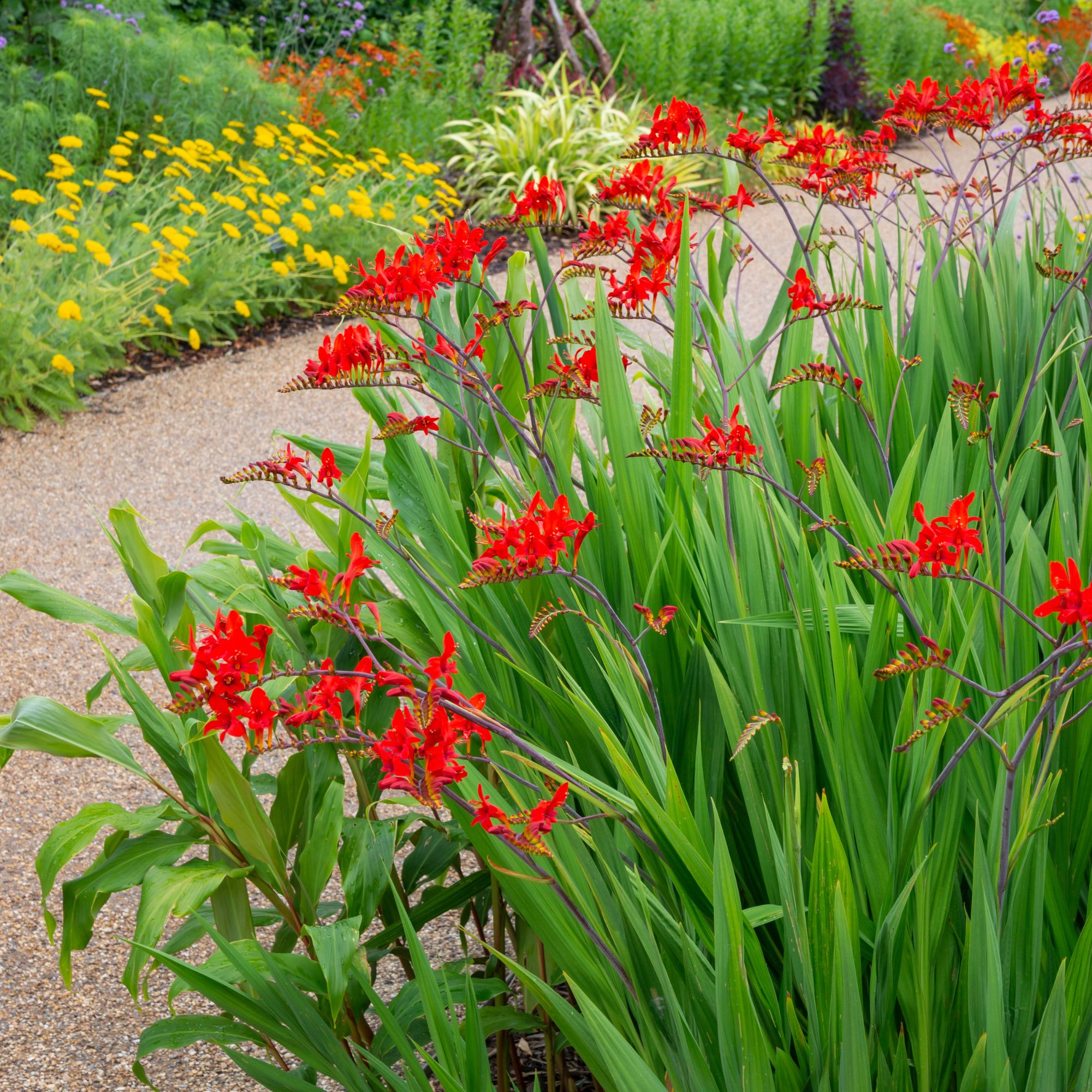
‘Crocosmia come in a range of hot summer colours from orange to yellow and red that are brilliant for providing autumn colour,’ says Charles Carr. ‘They are a fantastic way of adding both height and colour and can be planted in conjunction with mid-height plants such as Lychnis ‘Jenny,’ Sidalcea ‘Elsie Heugh’ and Peonies in front of them, then with low-growing plants such as Geranium, Erigeron ‘Kew Profusion’ and Dianthus, at the front of the border.
‘Crocosmia grow from corms, planted around 8cm deep like bulbs and require fertile, moist but well-drained soil,’ adds Charles. ‘To avoid clumping, plant crocosmia a few centimetres apart then divide every three to five years to encourage better flowering.’
Where to buy crocosmia:
- Thompson & Morgan: The stunning deep red flowers of Crocosmia 'Lucifer', from £9.99, will create a blaze of colour.
- Amazon: Or try a variety of colours with Crocosmia Large Flowering Mix, £5.99.
8. Salvias
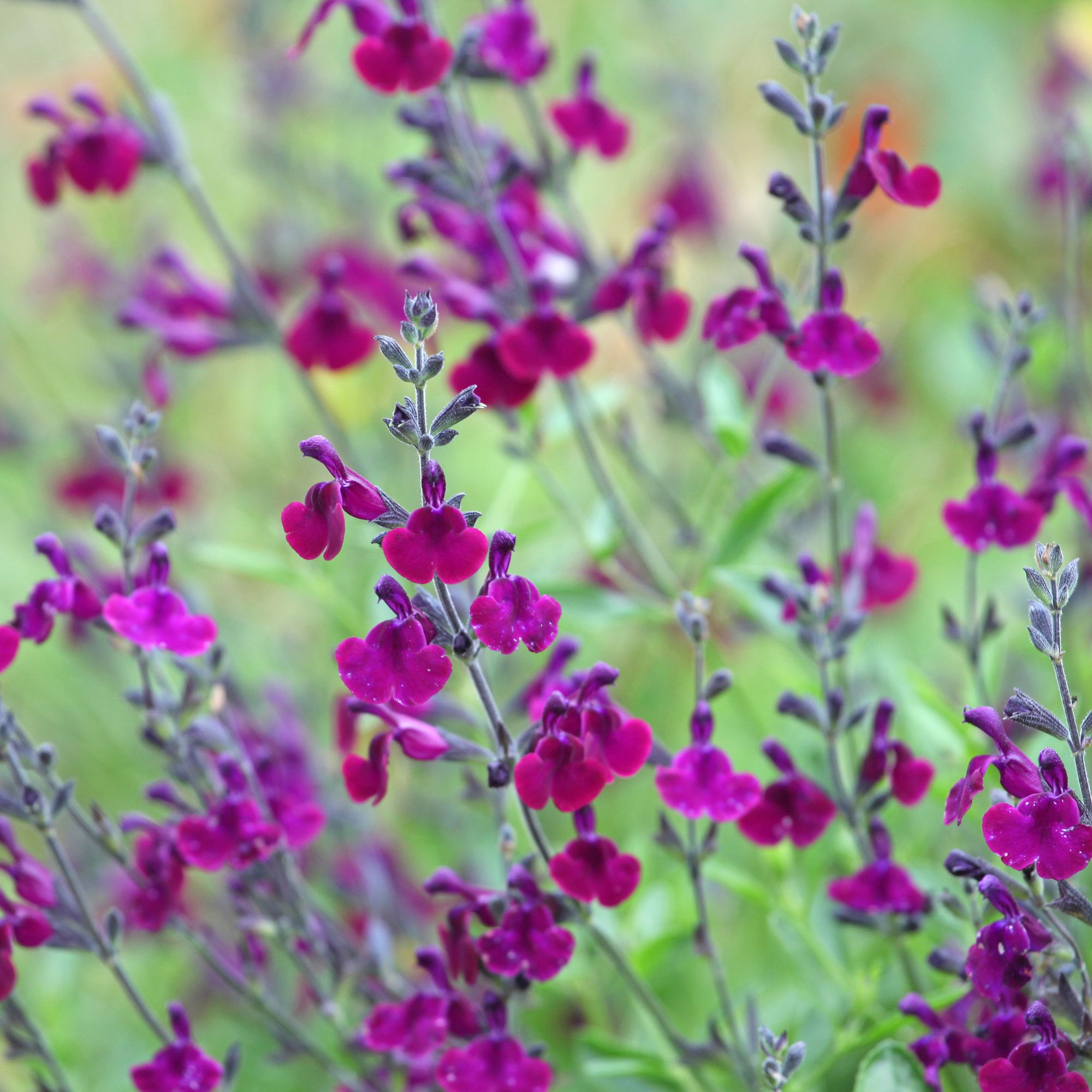
'Salvias are great August perennials to plant and produce spikes of deep, vibrant flowers that pollinators flock to,’ advises Julian Palphramand. ‘They like light, well-drained soil, and once you plant them in a sunny spot sheltered from cold winds, they are pretty drought-tolerant and will thrive with very little effort. Just avoid over-watering and they’ll do well.’
Where to buy salvias:
- J. Parkers: The vibrant purple Salvia nemorosa 'Caradonna', from £11.99, is suitable for planting in sunny or partially shaded spots.
- Crocus: Or go for the softer pink tones of Salvia nemorosa Caradonna Pink Inspiration, from £9.99.
What you'll need to plant perennials
Before planting your perennials prepare the soil first, removing any weeds and loosening the earth. Dig a hole as deep and wide as the plant’s root ball, gently remove your plant from its container and tease out any circling roots before placing it in the hole.
Ensure the stem part of the plant is above the soil surface then backfill with soil and pack down firmly before watering. Adding a layer of mulch will help retain moisture and suppress weeds.
‘Perennials like these are all easy to grow and require low maintenance,’ says Charles Carr. ‘They’ll require watering well while they establish, and occasional deadheading as required to extend the blooms. And mulching in winter is also recommended to aid growth the following season.’
Planning ahead and planting perennials now will give your garden another round of colour when autumn comes. Planting perennials and cutting back perennials in August are just two of the must-do tasks to add to the gardening check list...what will you be doing?

Lisa is a freelance journalist who has written about interiors for more than 25 years. Previously editor of Style at Home magazine, she has worked on all the major homes titles, including Ideal Home, Country Homes & Interiors, 25 Beautiful Homes and Homes & Gardens. She has covered pretty much every area of the home, from shopping and decorating, crafts and DIY to real homes and makeovers and now regularly writes gardening stories for Ideal Home.
